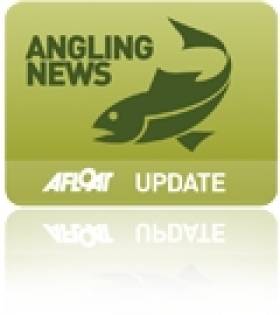Displaying items by tag: John Quinlan
Irish Bass Group Chair Gives Praise to 'Wolf of the Sea'
The chairman of the Irish Bass Group gave his praise to the fish described as the 'wolf of the sea' at a recent angling awards day.
John Quinlan told his audience at the Irish Specimen Fish Committee awards that Ireland has "something truly unique" in a marine fish that is reserved for recreational angling.
He also noted that "in spite of 21 years of bass protection, we have never felt secure enough to build the type of industry that this unique opportunity should justify."
Quinlan explained how bass play "a vital role" in the biodiversity of our inland waters, highlighting the interdependence between bass and sea birds.
“There are still magic days to be had bass fishing," he said, adding his belief that "anglers have a right to be involved in the management of our bass stocks".
He continued: "We have looked after them very well over the last 21 years and earned the right to be involved in any decisions about how they should be managed in the future. If we are to be successful we need to be taken more seriously by our Government."
Quinlan pointed to the potential benefits of angling tourism, an area that "has been lacking for far too long".
“The French call bass ‘loupe de mer’ or ‘the wolf of the sea’," he added. "These beautiful fish have hunted in our waters for centuries and I hope they continue to do so for many years to come.”
The Irish Times has more on the story HERE.





























































